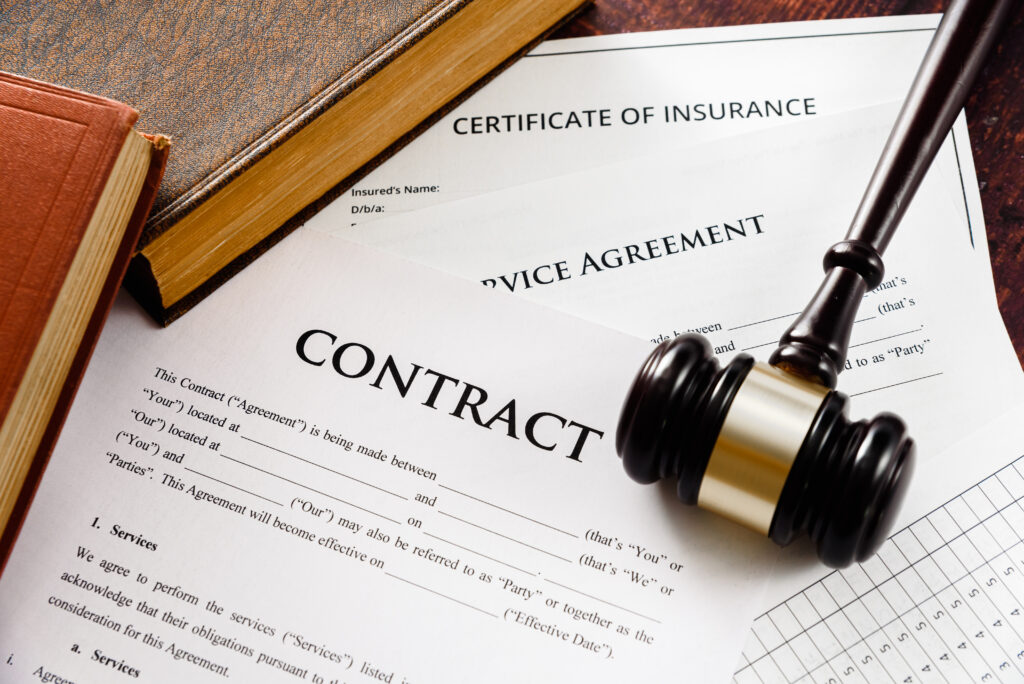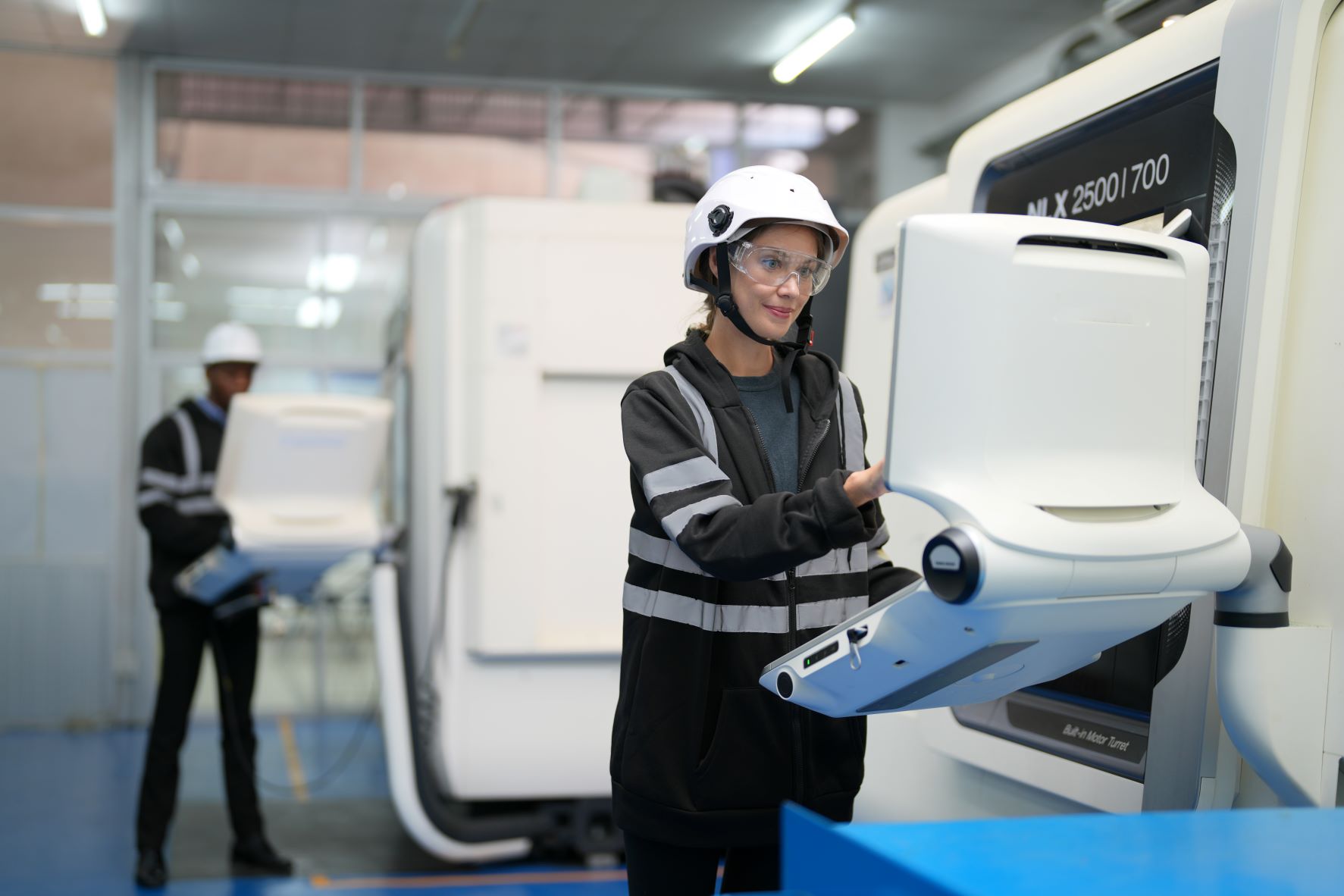Last Friday, computer scientist Stephen Thaler has asked the US Supreme Court to review an appeals court’s decision that patents can only be issued to human inventors and not to artificial intelligence (AI) systems.
Thaler argues that AI-generated patents should be recognised to optimally stimulate innovation and technological progress.
This has raised important questions about who will own patent rights, whether humans can compete with AI-generated prior art, and the value of patents.
The Supreme Court’s decision could have far-reaching implications for the future of innovation and intellectual property (IP).
The US Copyright Office has also denied Thaler’s application for copyright protection for AI-generated art, and also rejected copyrights for images created with the generative AI system Midjourney.
I’ve written a lot about Thaler/DABUS before, but I wanted to take the time to really spell out the potential implications on IP as we know it, and how businesses can and should start preparing today for major changes in their patent process.
Impact on Intellectual Property Rights:

- AI can generate patentable inventions and create prior art at a faster speed than humans, which could lead to increased competition and patent disputes.
Imagine you have to race ChatGPT to write 5000 words about the most cutting-edge technical subject matter in your field.
Who would win?
Which version would be easier for the patent examiner to understand?
- Ownership of IP rights for AI-generated inventions or creations is currently unclear, as the law in many jurisdictions requires an inventor or author to be a natural person.
Imagine a world where a patent is “owned” by software company with zero products.
Now imagine a world where almost *every* patent is owned by a software company with zero products.
An AI NPE (non-participating entity, e.g. “patent troll”) could be a force to reckon with.
- AI could also challenge traditional copyright and trademark laws by generating works that are difficult to distinguish from human creations.
Now he’s the kicker – forget about AI being *listed* as inventor, imagine if you will an entity with a big budget an access to an AI inventor.
They simply tell the AI to write 10,000 patents on the most valuable technology in the next 10 years and list “themselves” as inventor.
There is nothing in the patent system to prevent this from happening.
We are at a stage where AI can and will “fool” a patent examiner.
There are patents being filed today with ChatGPT’s work all over it.
At the patent office, no one knows you’re a bot (unless you’re Thaler, trying to prove AI should receive inventorship).
How You Can Prepare for the Change:

- Businesses should start reviewing their IP strategies to ensure they are prepared for the impact of AI on the field of intellectual property.
What parts of your tech stack *could* AI do better than your humans?
Think large numbers.
Combinatorial processing, knowledge discovery, needles in the haystack.
Don’t fight them, join them.
Be the AI leader in your field.
Hire experts, make sure everyone on the team knows that AI is now part of the job.
If you wait for someone else to build it, you’ll be too late.
- Companies should consider creating internal policies on how to deal with AI-generated IP rights, such as establishing ownership and licensing agreements.
This one you’ll probably need legal review.
See if you can get AI into your contracts.
Be very wary of providing data to 3rd party entities with iron-clad IP ownership agreements.
NDA is not enough.
- Collaboration between legal and technical teams can help ensure that AI-generated IP rights are properly identified and protected.
Work to get your AI generate inventions to the patent office quickly.
You need a railroad between you tech team and legal.
In the world of AI intellectual property, speed is everything.
You’ll want a steady stream of provisional patents coming out of your firm, budget allowing.
After a year, you’ll know which ones to invest in to get a full patent application.
- Companies should also monitor developments in the law and emerging best practices to stay informed on how AI will impact IP in the future.
This landscape is rapidly changing.
I can’t predict what will happen at SCOTUS, neither can you.
Make sure someone who understands how important this is is keeping their eye on the ball.
Follow these steps, and your patent portfolio just might survive the AI apocalypse.

